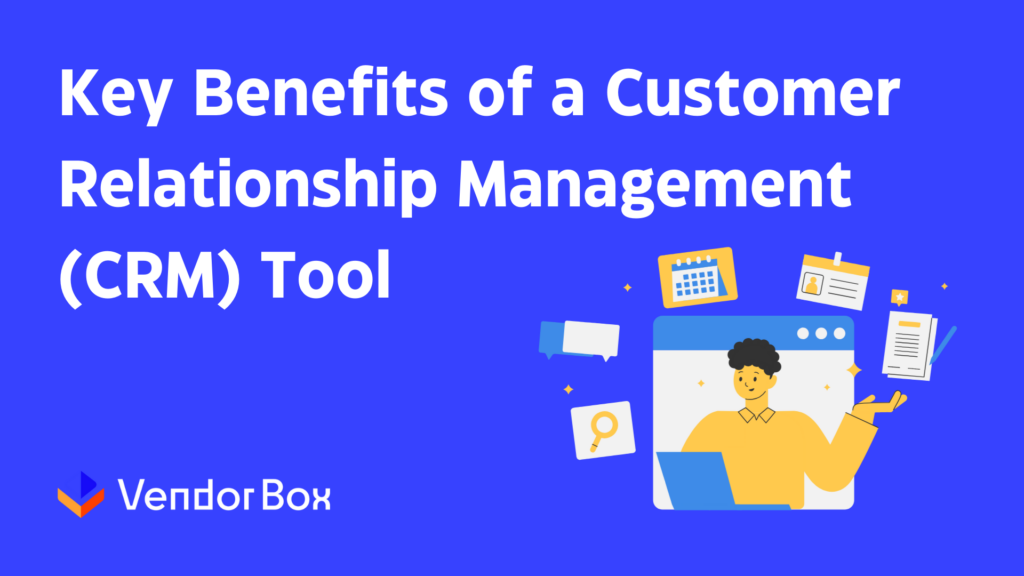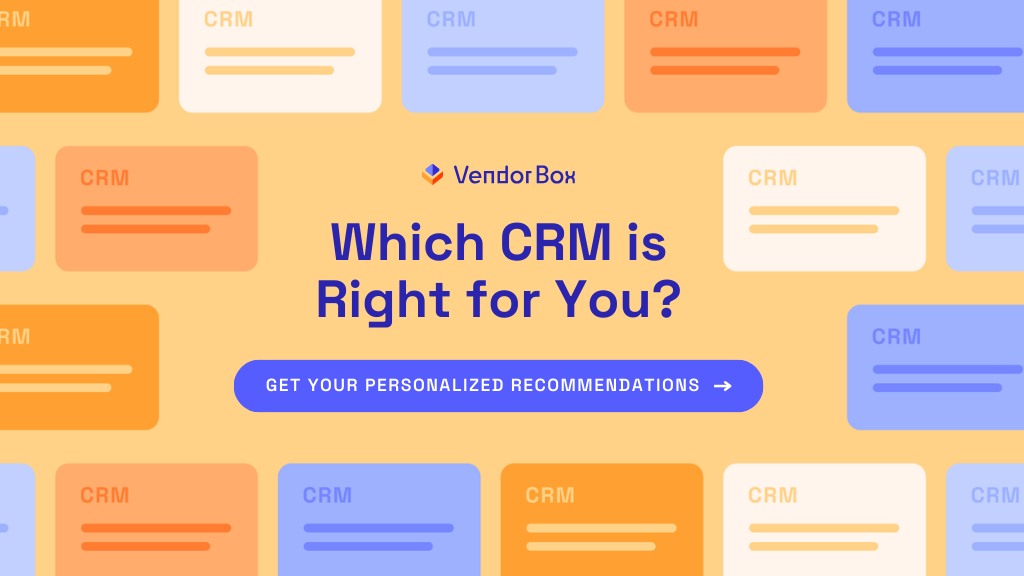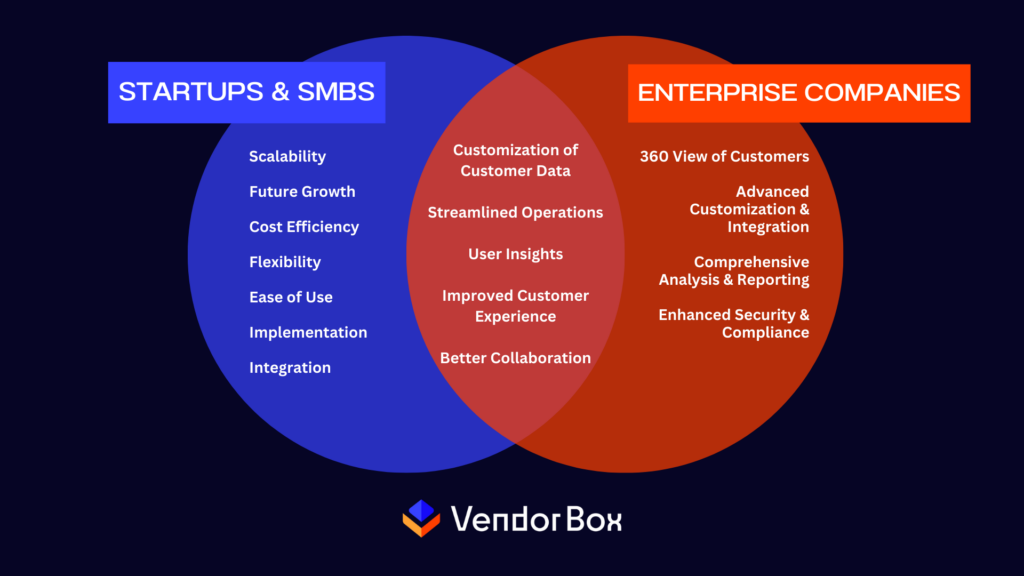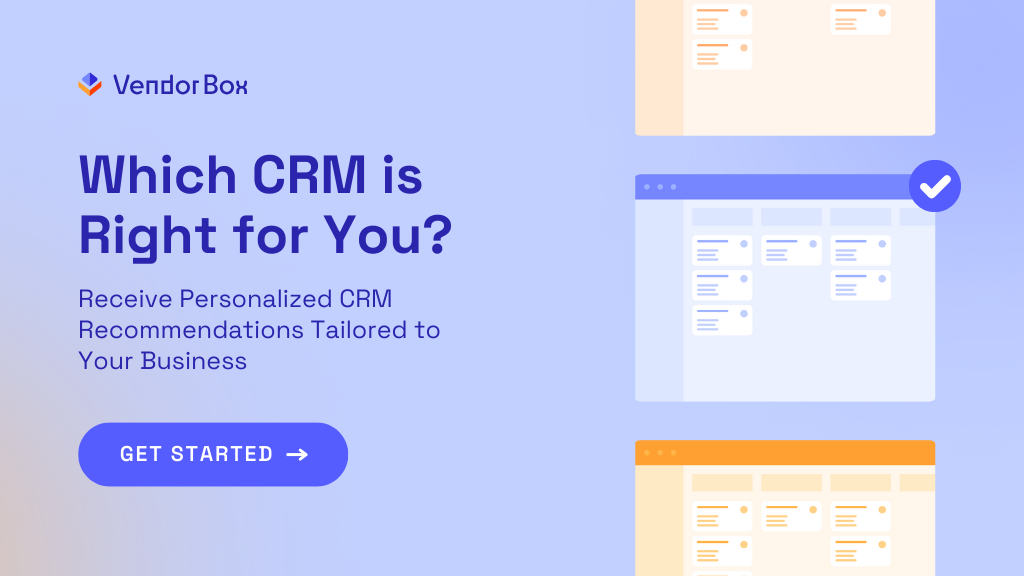
When you think about what drives your business forward—beyond great products or clever marketing—it all comes down to one thing: relationships. Customer relationships are the fuel behind growth, retention, and reputation. That’s where a CRM (Customer Relationship Management) system comes in. In this post, we’ll explore the top CRM system benefits, how they support growth, and why every startup and small business should consider implementing one.
What is a CRM System and How Does It Work?
A CRM system is software that helps businesses manage, track, and nurture relationships with customers and prospects. At its core, it centralizes customer data—everything from contact information and past purchases to email interactions and service tickets—into one platform.
At a high level, CRMs help businesses:
- Store and manage customer contact information
- Track interactions and communication history
- Automate workflows and follow-ups
- Analyze customer data and behavior in real time
Modern CRM systems are built to empower every stage of the customer journey with tools that help you work smarter, not harder. Here’s how each feature adds value to your business:
Contact and Lead Management
A CRM centralizes all your customer and prospect information—names, emails, preferences, past interactions, and more—into a single, searchable location. No more digging through spreadsheets or email threads. You can easily segment contacts based on behavior or lifecycle stage and your team has full context during every interaction, creating a more personalized and professional experience. The days of leads falling through the cracks are gone.
Sales Pipeline Tracking
With visual pipelines and deal tracking, you get a clear view of where each opportunity stands. This visibility helps you forecast revenue more accurately. You’ll be able to spot bottlenecks and address them before deals stall. It also empowers your sales team to prioritize high-value opportunities and close faster. Whether you’re managing two deals or two hundred, pipeline tracking keeps everything on course.
Marketing Automation
Automate repetitive tasks like welcome emails, follow-ups, and nurture sequences based on customer behavior or milestones so you’ll have consistent engagement without manual effort. You’ll also benefit from higher conversion rates thanks to timely, personalized outreach. Plus, your team will be freed-up to focus on strategy rather than busywork. Think of it as having a 24/7 marketing assistant that never drops the ball.
Task and Follow-Up Reminders
A CRM ensures that no task or customer interaction is forgotten. You can set reminders to follow up on leads, schedule demos, or check in with your customers after purchase building stronger relationships through timely communication. You’ll have a more accountable, organized team with fewer missed opportunities due to human error.
Real-Time Dashboards and Analytics
Track KPIs, team performance, and customer behavior in real time with customizable dashboards. These insights allow you to make data-backed decisions quickly and understand what’s working (and what’s not) across sales and marketing. You’ll be able to spot trends and opportunities before your competitors.
Whether you’re running a small e-commerce store, a B2B SaaS startup, or a service-based agency, CRM tools can bring order to chaos and turn missed opportunities into conversions.
Benefits of Implementing a CRM System
Improved Customer Relationships
One of the most important CRM system benefits is the ability to deliver more personalized, attentive service. With centralized customer data, your team knows who they’re talking to—every time.
- Know exactly who your customer is and what they care about.
- Reference a customer’s past purchases, preferences, or support history during every interaction.
- Deliver personalized experiences that build trust and loyalty.
With a CRM, customers don’t feel like tickets—they feel like humans. And that goes a long way.
Increased Efficiency and Productivity
Time is one of your most valuable assets, especially in a small business.CRMs streamline internal operations and reduce time spent on manual tasks. This is where CRM automation benefits come into play.
- Automate repetitive tasks like email follow-ups, meeting scheduling, or contact updates.
- Break down silos between sales, support, and marketing teams with unified tools.
- Reduce manual errors that can lead to costly mistakes or missed sales.
By freeing up your team’s time from mundane work, a CRM lets them focus on what really matters—delivering value and driving results.
Better Data Management and Insights
Scattered spreadsheets? Forgotten notes? Lost leads?
Having accurate, up-to-date data is a game-changer. CRMs consolidate all customer data in one place, offering real-time insights that fuel smarter decision-making.
- Centralize all your customer information for easy access and updates.
- Use built-in analytics to track sales performance, campaign ROI, and customer behavior.
- Tap into predictive tools to understand which leads are most likely to convert—or which customers are at risk of churning.
Data-driven decision-making becomes easier when you implement and these insights are a major benefit of CRM in business, giving leaders a clearer path to growth and optimization.
Enhanced Sales Performance
CRMs aren’t just about organizing data—they’re powerful sales tools. Sales teams thrive when they can see the big picture—and the small details.
- Track leads from initial contact to close with pipeline visibility
- Nurture prospects with automated sequences and timely check-ins.
- Score leads and prioritize follow-ups with automation
- Identify trends in buyer behavior and shorten sales cycles
When it comes to driving revenue, these are some of the most valuable CRM system benefits for any organization.
Scalability for Growing Teams
As your business grows, your tools need to grow with you. CRMs are designed for scalability, making them essential for expanding teams and customer bases.
- Easily onboard new employees with a shared system and knowledge base.
- Avoid communication breakdowns with centralized information by keeping all teams aligned with shared customer records..
- Handle increased lead volume and customer interactions without sacrificing quality.
CRMs aren’t just for the here and now—they’re built for where you’re going. a CRM tool can provide in those scenarios.

Now that we’ve covered a general overview of the CRM system benefits, let’s hone in on specific types of businesses and the unique value a CRM system brings to each scenario.
CRM System Benefits For Startups and SMBs
Startups and small to medium-sized businesses (SMBs) face a different set of challenges than enterprises. With limited resources, smaller teams, and tight budgets, these businesses need a Customer Relationship Management (CRM) solution that is both affordable and scalable. The right CRM system can help startups centralize data, streamline sales and support, and gain valuable insights—unlocking significant CRM automation benefits and efficiencies along the way.
Scalability and Future Growth
Startups need CRMs that can scale with their growth. The ideal CRM system allows for adding users, features, and workflows without needing to switch platforms. This flexibility ensures your CRM continues delivering value as your customer base, sales team, and complexity grow.
This scalability is one of the most important CRM system benefits for early-stage companies—giving you room to grow without outgrowing your tools.
Cost-Efficiency
Cost-effective tools are essential for businesses operating on lean budgets. Cloud-based CRMs are especially popular with startups and SMBs because they offer flexible pricing models, minimal setup costs, and the ability to scale as needed. These platforms deliver clear benefits of CRM in business by aligning value with affordability.
Ease of Use and Implementation
Without dedicated IT staff, ease of implementation becomes a critical factor. CRMs with user-friendly interfaces and intuitive workflows reduce the learning curve for small teams. When employees can quickly understand and adopt the system, the business gains the full customer relationship management advantages—faster.
Integration with Other Tools
Startups often rely on multiple tools to run their operations—email marketing platforms, accounting software, e-commerce systems, and more. A CRM that integrates seamlessly with these platforms can:
- Eliminate manual data entry
- Improve team collaboration
- Create a more cohesive customer experience
This interconnected ecosystem is a core CRM automation benefit that saves time and reduces operational friction.
CRM System Benefits for Enterprises
Enterprises operate at a different scale. With multiple departments, complex sales cycles, and large teams, the needs are greater—and the right CRM must be powerful enough to handle them. An enterprise-grade CRM is designed to support vast amounts of data, multiple integrations, and advanced reporting—all while delivering core customer relationship management advantages that align with strategic business goals.
360-Degree View of Customers
Large organizations interact with customers across many channels. A CRM system that unifies this data provides a 360-degree view of the customer, enabling sales, service, and marketing teams to access complete, consistent information from a single source.
This visibility leads to stronger engagement, more effective service, and a seamless customer experience—just a few of the many CRM system benefits at the enterprise level.
Advanced Customization and Automation
Enterprise-level CRMs often offer deep customization options and powerful automation features. You can tailor workflows to match your business processes and automate repetitive tasks across departments. These CRM automation benefits are vital for increasing efficiency, reducing overhead, and supporting complex operations.
Integration with Enterprise Systems
Most enterprises already rely on ERP systems, customer service platforms, and marketing tools. A top-tier CRM integrates with these systems, ensuring that data flows seamlessly across the organization.
This interoperability delivers key benefits of CRM in business, eliminating data silos and enabling cross-functional collaboration.
Comprehensive Analytics and Reporting
With massive amounts of data flowing through the organization, enterprises need robust analytics. An effective CRM provides:
- In-depth customer insights
- Detailed campaign performance tracking
- Strategic sales forecasting
These data capabilities are not only CRM system benefits, but also crucial tools for maintaining a competitive edge.
Enhanced Security and Compliance
Enterprises deal with sensitive customer data and must meet strict regulatory standards. A secure CRM system includes encryption, role-based access, and compliance features that support laws like GDPR and HIPAA.
This ensures your customer data is protected—an increasingly important customer relationship management advantage in today’s privacy-conscious world.

Choosing the right CRM system is a critical decision that can shape the trajectory of your customer relationships, internal workflows, and long-term growth. Startups and SMBs should prioritize affordability, flexibility, and ease of integration. Enterprises, on the other hand, must look for advanced features, high-level customization, security, and robust data capabilities.
No matter your size, understanding the CRM system benefits tailored to your business will help you build stronger, more profitable relationships—while staying agile and efficient as you scale.
Real-World Examples of CRM Success
Here are a few real-world examples of how teams across various industries have leveraged CRM implementation to make an impact in their bottom line.
- A boutique travel agency used a CRM to automate itinerary follow-ups, boosting repeat bookings by 30%.
- A SaaS startup improved lead response time by 50%, increasing conversion rates thanks to CRM-triggered workflows.
- An e-commerce brand personalized its email marketing through CRM segmentation and saw a 40% jump in click-through rates.
- A real estate team increased lead conversions by 35% using CRM data to prioritize hot leads and automate follow-ups.
- A SaaS company reduced churn by 25% by automating renewal reminders and customer check-ins.
These aren’t one-off wins—they’re what happens when businesses invest in the right CRM systems.
CRMs Aren’t Just Tools—They’re a Growth Engine
CRM systems aren’t just for enterprise giants—they’re essential tools for any modern business. From nurturing leads and streamlining workflows to creating unforgettable customer experiences, the right CRM can transform the way you do business.
If you’re still managing customer relationships by duct taping tools and spreadsheets together, it might be time to ask yourself: Is this really sustainable?
If it’s not, start exploring CRM solutions today and unlock the full potential of your customer relationships. The benefits aren’t just theoretical—they’re measurable, meaningful, and totally within reach.
Ready to take the next step?
Start small, stay focused, and let your CRM grow with you.



